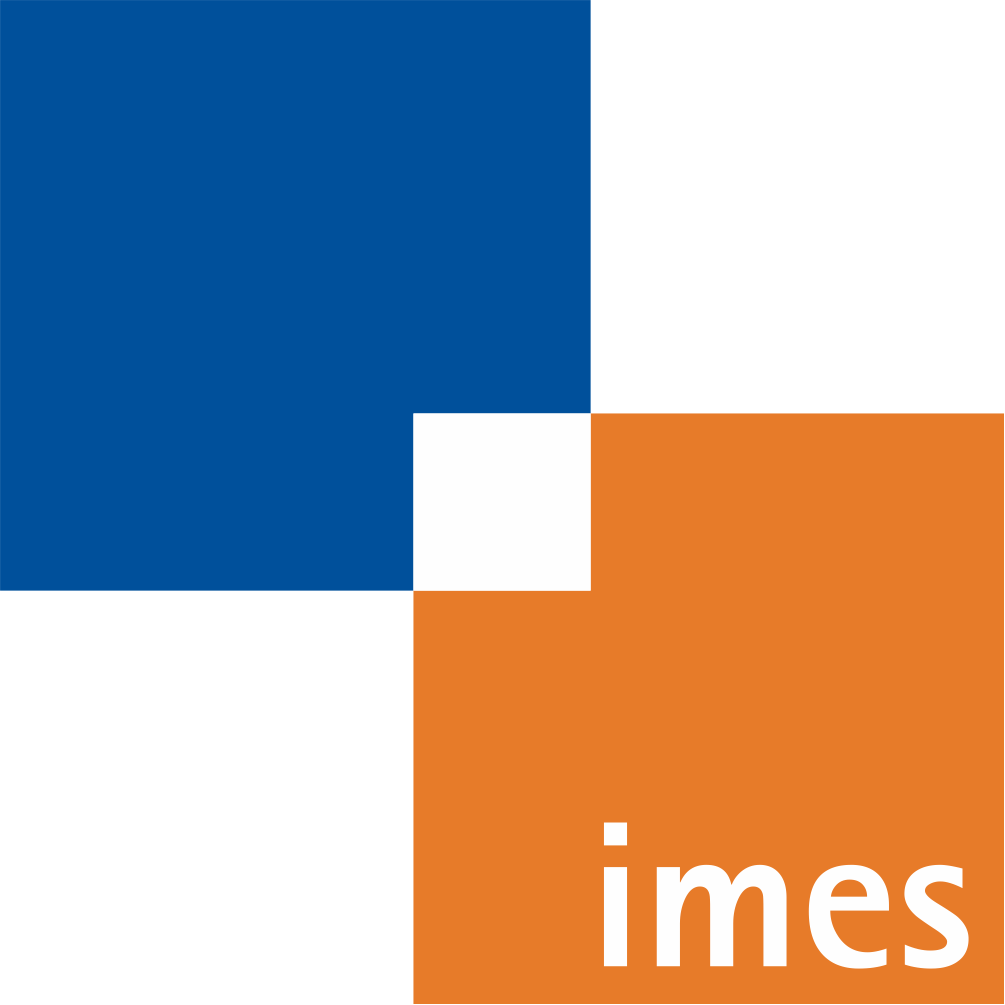Dispelling Four Challenges in Inertial Motion Tracking with One Recurrent Inertial Graph-based Estimator (RING)
- verfasst von
- S. Bachhuber, I. Weygers, T. Seel
- Abstract
In this paper, we extend the Recurrent Inertial Graph-based Estimator (RING), a novel neural-network-based solution for Inertial Motion Tracking (IMT), to generalize across a large range of sampling rates, and we demonstrate that it can overcome four real-world challenges: inhomogeneous magnetic fields, sensor-to-segment misalignment, sparse sensor setups, and nonrigid sensor attachment. RING can estimate the rotational state of a three-segment kinematic chain with double hinge joints from inertial data, and achieves an experimental mean-absolute-(tracking)-error of 8.10 ± 1.19 degrees if all four challenges are present simultaneously. The network is trained on simulated data yet evaluated on experimental data, highlighting its remarkable ability to zero-shot generalize from simulation to experiment. We conduct an ablation study to analyze the impact of each of the four challenges on RING's performance, we showcase its robustness to varying sampling rates, and we demonstrate that RING is capable of real-time operation. This research not only advances IMT technology by making it more accessible and versatile but also enhances its potential for new application domains including non-expert use of sparse IMT with nonrigid sensor attachments in unconstrained environments.
- Organisationseinheit(en)
-
Institut für Mechatronische Systeme
- Externe Organisation(en)
-
Friedrich-Alexander-Universität Erlangen-Nürnberg (FAU Erlangen-Nürnberg)
- Typ
- Konferenzaufsatz in Fachzeitschrift
- Journal
- IFAC-PapersOnLine
- Band
- 58
- Seiten
- 117-122
- Anzahl der Seiten
- 6
- ISSN
- 2405-8971
- Publikationsdatum
- 2024
- Publikationsstatus
- Veröffentlicht
- Peer-reviewed
- Ja
- ASJC Scopus Sachgebiete
- Steuerungs- und Systemtechnik
- Elektronische Version(en)
-
https://doi.org/10.48550/arXiv.2409.02502 (Zugang:
Offen)
https://doi.org/10.1016/j.ifacol.2024.11.022 (Zugang: Offen)
